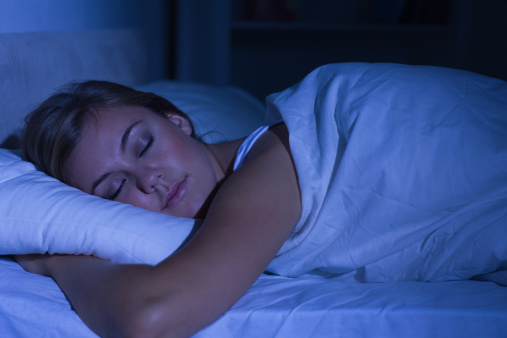Most common misconceptions about sleep
Think you know it all about sleep?

Sleep is something we all do whether intentional or we accidentally KO during class. Sleep is an essential part of our lives in fact, we spend on average one third of our lives sleeping. While there are a number of sleeping disorders out there most of us are able to get eight hours of sleep a night without much trouble. The exact reason behind why we sleep or how it evolved in the first place is not yet known and the field of study which focuses on sleep known as oneirology is a relatively new area of science. There are many misconceptions out there about sleep so let’s look at some misconceptions about sleep and correct them.
If you can’t get to sleep you should count sheep
This is an old wives tale that I’m sure everyone was told by their parents as a child when they couldn’t sleep. Of course as naive little children we obeyed our “wise” parents and counted sheep endlessly and hours later eventually dozed off. The truth is counting sheep does the opposite of helping you fall asleep, it keeps the brain active and awake for far longer than it would be if you just did. This brings me onto the second misconception about sleep. If you can’t fall asleep right away you should just wait it out until you do. This is false. If you can’t get to sleep in around 30 minutes then it’s recommended that you read a book or do something similar until you are tired.
Adults require less sleep than preteens, teens and young adults
This is very much untrue and although our sleep habits change over the course of our lives this can be due to many other external factors such as working hours, college, stress etc. Adults do not require less sleep then young people and the general rule of thumb of eight hours goes for everyone! Most people reason that young people need more sleep because they are growing but this is a total myth.
The more sleep the better
Often times people may sleep endlessly, reasoning that more sleep is good for you, this is not true. People who sleep in excess of eight hours on a regular basis put themselves at a higher risk of developing cardiovascular diseases and diabetes. I bet that got you out of bed?
You shouldn’t wake a sleepwalker
Everyone has heard of this old wives tale, the reasoning behind this one is that if you wake a sleepwalker abruptly you will give them a heart attack. This is also a myth! While you will give a sleep walker a startle if you wake them abruptly it is unlikely they will have a heart attack unless they have a pre-existing condition. The best thing to do is to guide them back to their bed or wake them as it is irresponsible to allow them to walk around in their sleep, possibly doing great damage to themselves.






